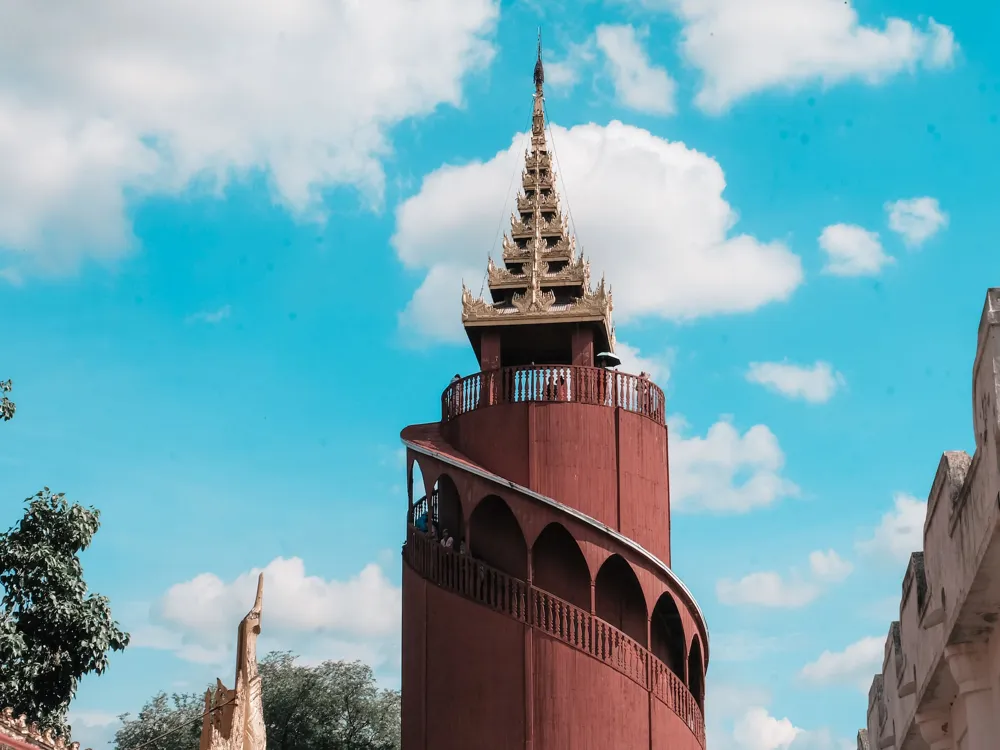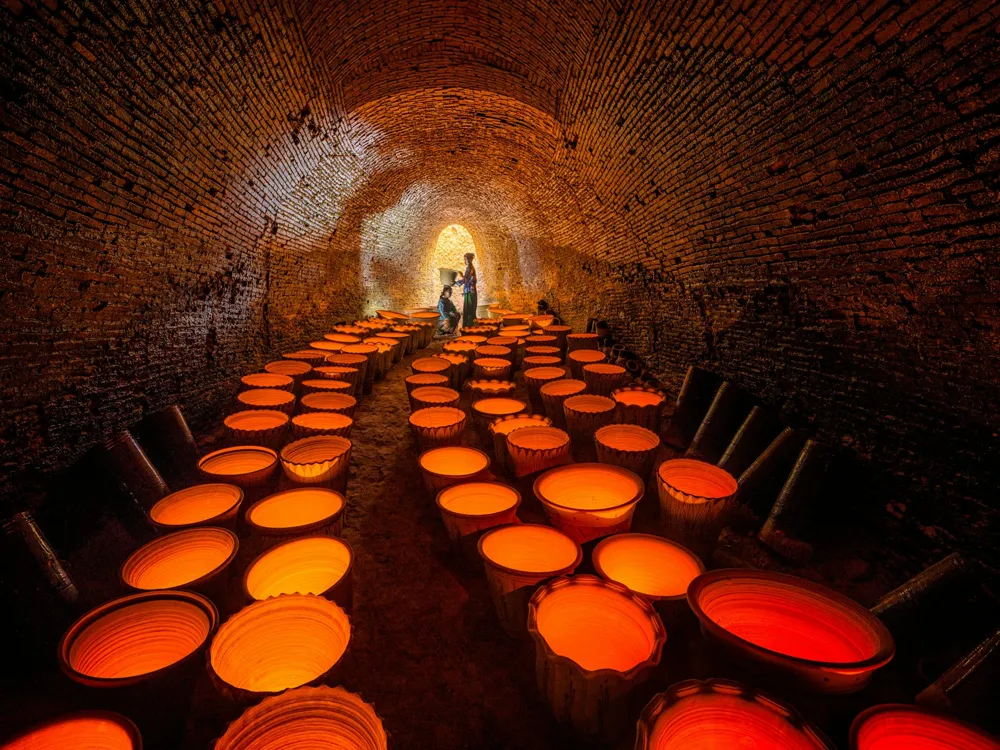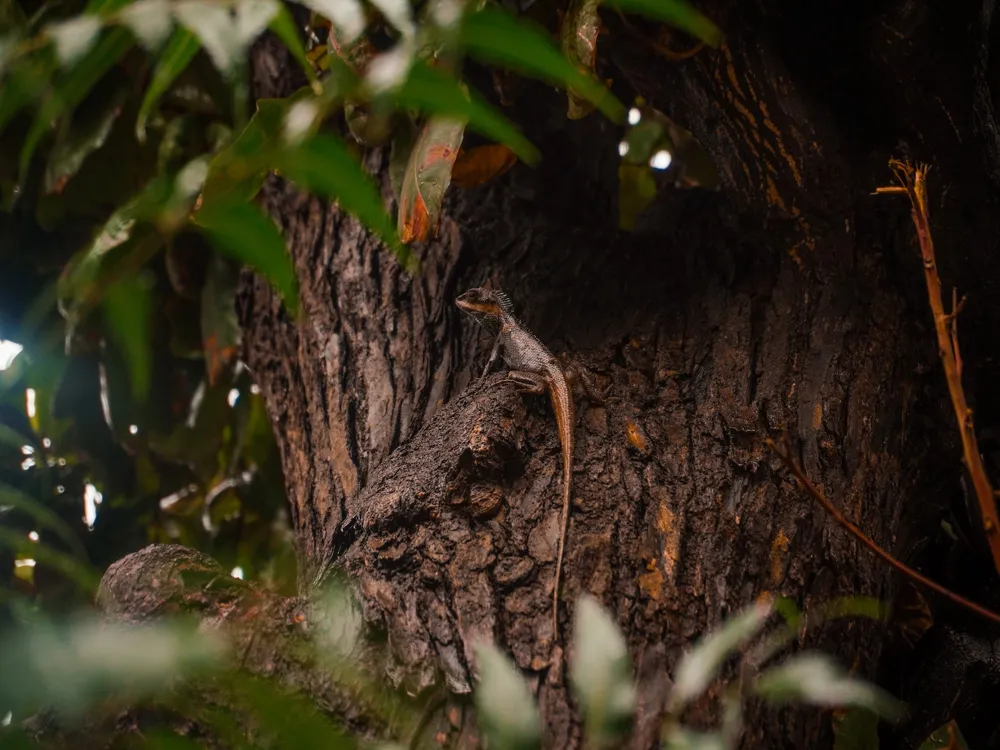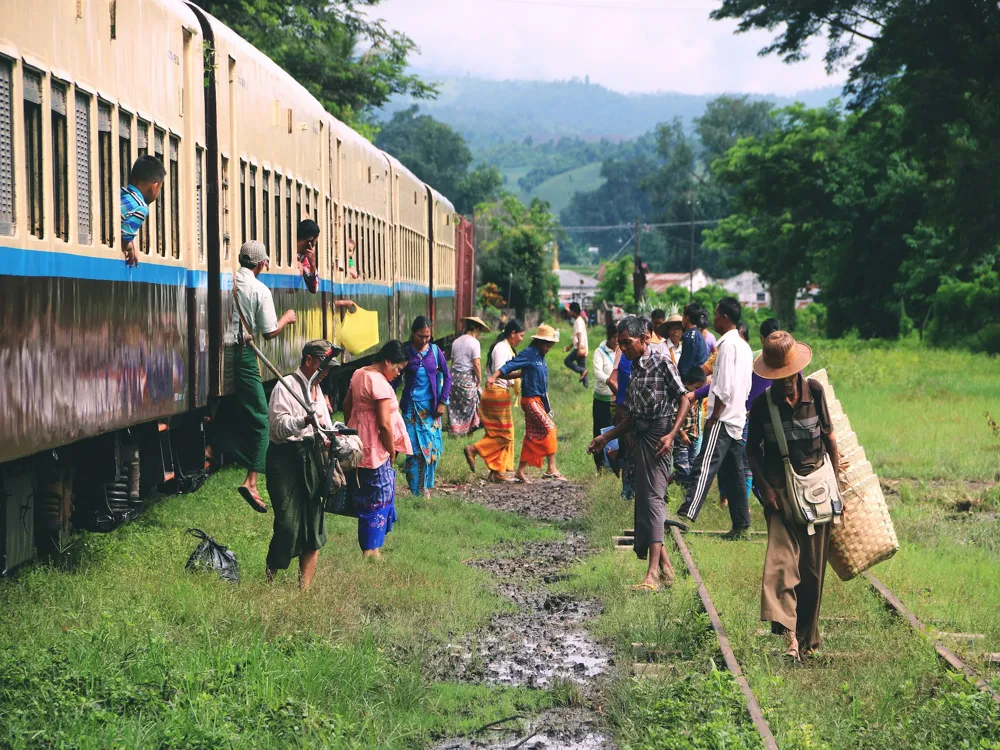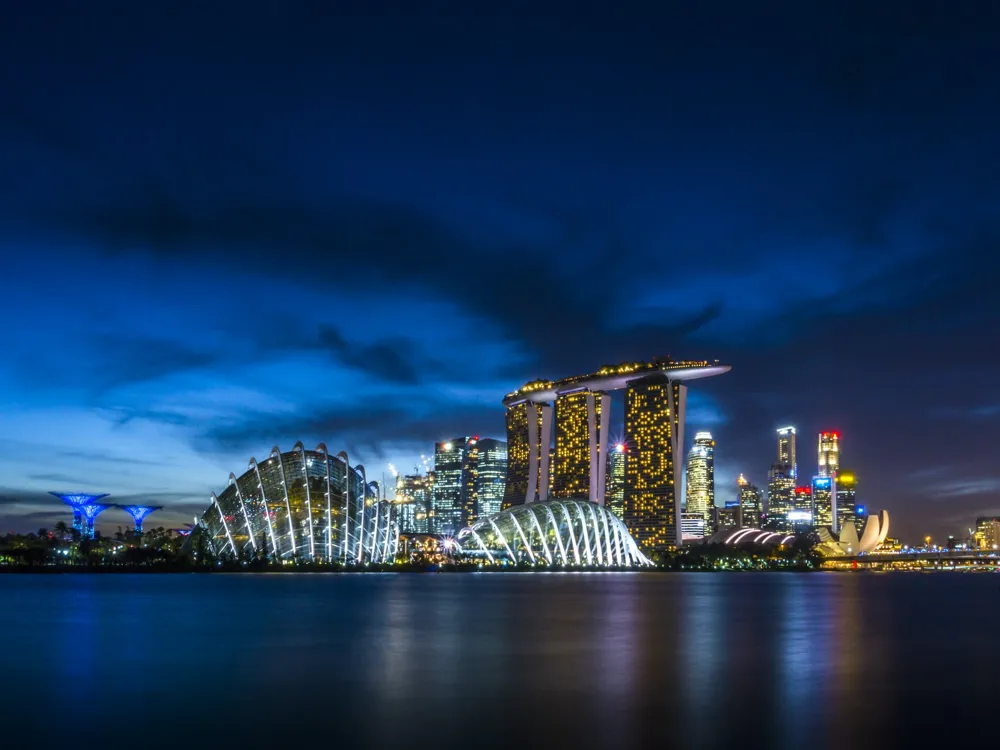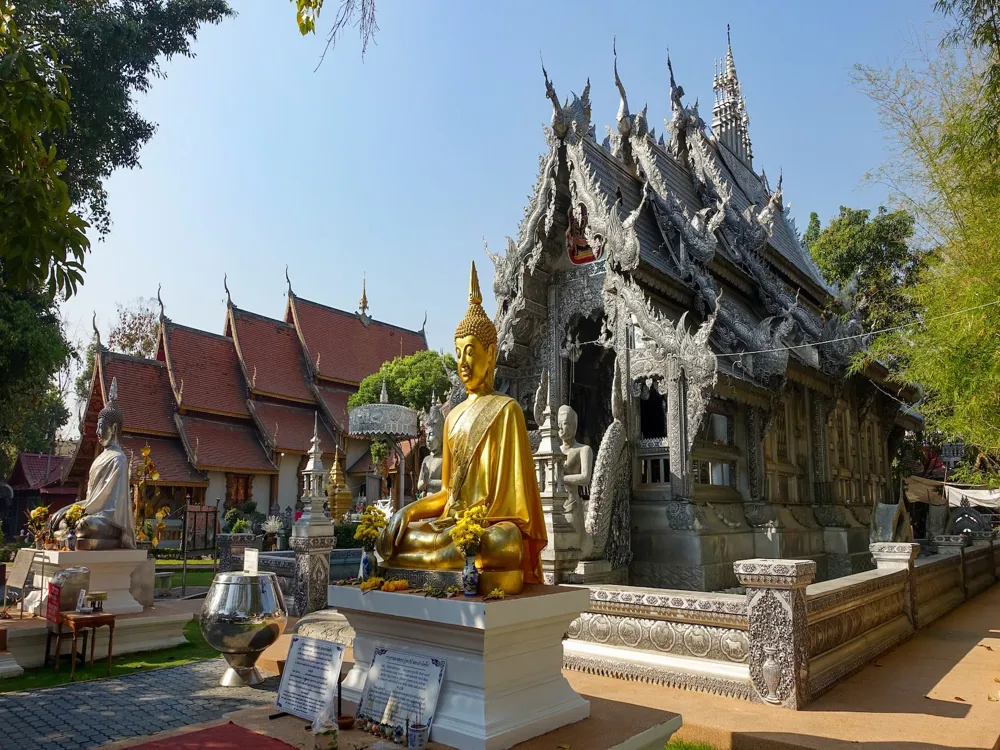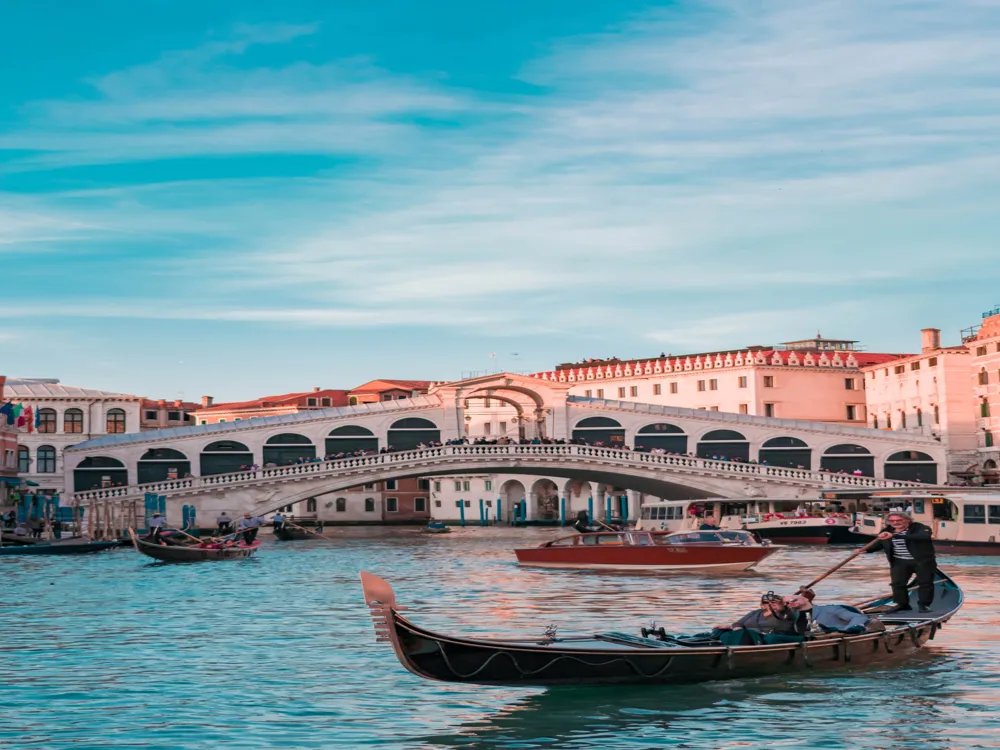Mani-Sithu Market, nestled in the heart of Bagan, Myanmar, is a vibrant tapestry of culture and tradition. This bustling bazaar, with its roots stretching back centuries, is a living museum that offers a window into the daily life of the Burmese people. The market is a kaleidoscope of colors and activities, where local vendors offer everything from fresh produce and exotic spices to handmade crafts and textiles. The market's name, 'Mani-Sithu,' is derived from the Pali language, reflecting the region's deep Buddhist heritage. The market plays a crucial role in the community, serving as a hub for social interaction and economic activity. Here, locals converge to buy and sell goods, catch up on the latest news, and maintain the social fabric of their community. As you wander through the narrow alleys, you're greeted by the aromatic scents of traditional Burmese cuisine, the vibrant hues of fresh fruits and vegetables, and the warm smiles of the market vendors. The market is not just a place for commerce; it's a vibrant cultural experience that offers insights into the Burmese way of life. The architecture of Mani-Sithu Market is a reflection of Bagan's rich history and cultural heritage. The market's design is a blend of traditional Burmese and colonial influences, showcasing the unique architectural evolution of the region. The structures within the market are primarily built from locally sourced materials, such as teak wood and bamboo, giving the market a rustic and authentic feel. The market is characterized by its open-air layout, with a series of interconnected stalls and shops. The roofs are typically made of thatched palm leaves or corrugated tin, providing shelter from the sun and rain. The layout is designed to maximize ventilation and natural light, creating a comfortable environment for both vendors and shoppers. One of the most striking features of the market's architecture is the use of intricate wood carvings and traditional Burmese motifs. These decorative elements are not just aesthetic; they tell stories of the local culture and folklore, adding a deeper layer of meaning to the market's design. Visiting Mani-Sithu Market early in the morning is advisable to avoid the midday heat and to experience the market at its liveliest. It's also the best time to find the freshest produce and products. When visiting the market, it's important to dress modestly, respecting the local culture. Lightweight, breathable clothing is recommended due to the warm climate. Don't hesitate to interact with the vendors and locals. Many are friendly and enjoy sharing stories about their products and the market's history. Mani-Sithu Market is accessible by various modes of transport. The most popular way to reach the market is by e-bike or bicycle, which are readily available for rent in Bagan. For those preferring a more comfortable ride, taxis and tuk-tuks are also common and can be hired for the day. Additionally, many hotels in Bagan offer shuttle services to and from the market, making it convenient for tourists to visit. Read More:Overview of Mani-Sithu Market of Bagan
Architecture of Mani-Sithu Market
Tips When Visiting Mani-Sithu Market
Plan Your Visit
Dress Appropriately
Engage with Locals
How To Reach Mani-Sithu Market
Mani-Sithu Market
Bagan
NaN onwards
View bagan Packages
Weather :
Tags : Shopping
Opening hours : 6:00 AM - 5:00 PM Closed on Sundays.
Planning a Trip? Ask Your Question
Bagan Travel Packages
View All Packages For Bagan
Top Hotel Collections for Bagan

Private Pool

Luxury Hotels

5-Star Hotels

Pet Friendly
Top Hotels Near Bagan
Other Top Ranking Places In Bagan
View All Places To Visit In bagan
View bagan Packages
Weather :
Tags : Shopping
Opening hours : 6:00 AM - 5:00 PM Closed on Sundays.
Planning a Trip? Ask Your Question
Bagan Travel Packages
View All Packages For Bagan
Top Hotel Collections for Bagan

Private Pool

Luxury Hotels

5-Star Hotels

Pet Friendly













